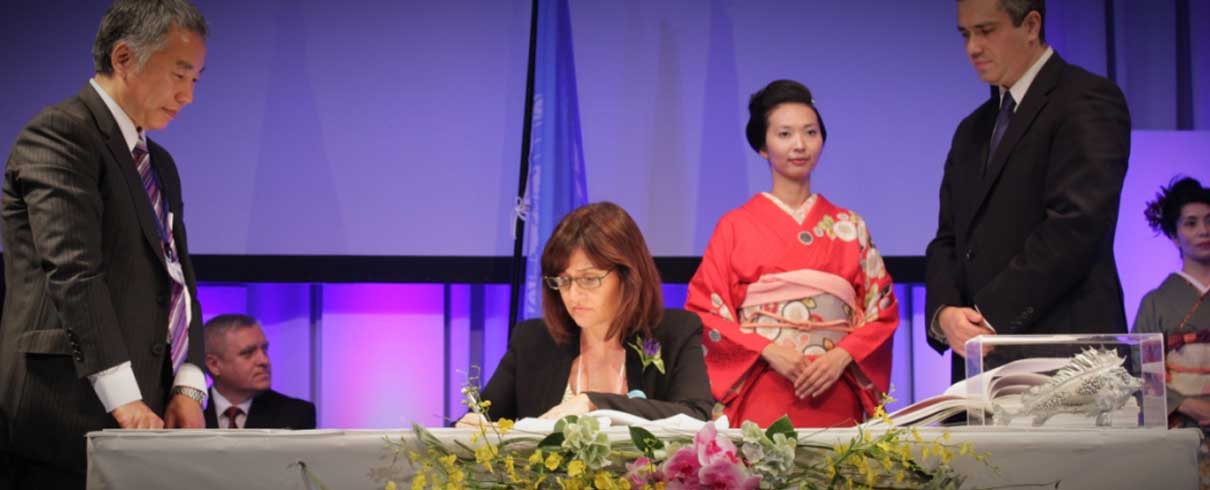IPEN's Impacts
As an international leader on chemical safety, IPEN has won the respect of governments, nongovernmental organizations (NGOs), scientists, and health professionals around the world. IPEN’s work has contributed to numerous positive developments at both the international and national levels.
More dangerous chemicals banned, controlled or listed for review
- The world’s first legally binding treaty to control the world’s most dangerous chemicals, the Stockholm Convention on Persistent Organic Pollutants (POPs).
- Global bans on the highly hazardous pesticide endosulfan, several flame retardants widely used in household and building products, a toxic pesticide used for lice treatment, and a widely-used water-proofing chemical adopted as international law.
- A strengthened, new global mercury treaty – the first legally-binding environmental agreement in nearly a decade.
- Several new dangerous chemicals considered for international control, including highly hazardous pesticides, endocrine disrupters, lead in paint, nanomaterials, and chemicals and wastes associated with electronic products.
- Progress in the elimination of lead in paint worldwide.

New resources for sound chemicals management in developing and transition countries
- Increased local funding for on-the-ground chemical safety activities in developing and transitional countries, including over USD $4 million mobilized directly for more than 100 projects in more than 50 countries.
Increased public awareness of chemical issues
- More consumer products tested for hazardous chemicals and metals by IPEN in more countries than by any other entity in the world.
- Testing for lead in paint in 30 countries.
- Major national news coverage in 50 developing and transition countries on issues related to chemicals and toxic metals.

Elevated profile for safe chemicals management among governments, scientists, and social and environmental movements
- Hundreds of developing and transition country NGOs and governments engaged in chemicals issues for the first time.
- Multi-lingual information guides educate, orient and prepare NGOs to be key actors in elevating the chemical safety agenda.
- New international alliances for chemical safety between NGOs and the health, trade union, women’s, Indigenous, grassroots and other public interest groups.
- New information and data on chemical safety, including dioxin emissions, lead paint in homes, and mercury in fish and human hair.
- Links to the scientific community, including the San Antonio statement, signed by more than 200 scientists, which makes the case for regulating brominated flame retardants as a class.

